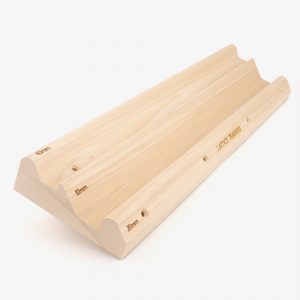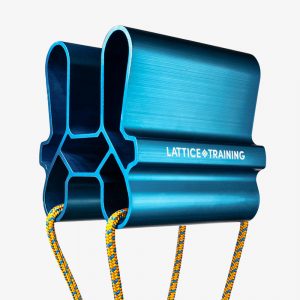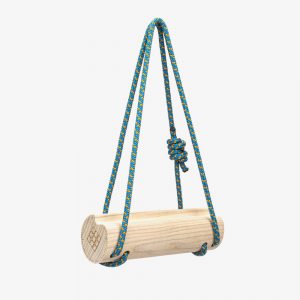Training Tips for Climbers: Nervous Climber and Box Breathing.
We’ve all had the dreaded redpoint nerves where you can’t quite calm down before the climb & you can’t fully get in the zone once you’ve passed the crux & then you blow it in the final stretch before the chains…
Our psychology & physiology are intrinsically linked. When you get nervous or excited your heartbeat increases as does your breathing, if you feel calm your heartbeat & breathing will be slower. This relationship can be played in the opposite direction as well. You can use your breathing to influence your emotional state to allow for a better mindset for performance.
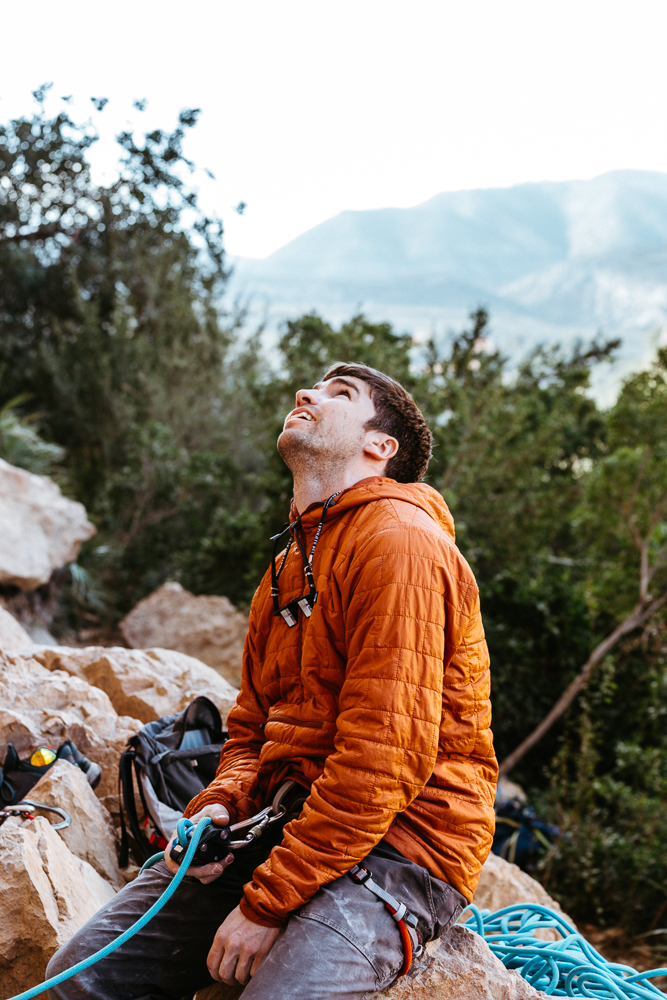
Box breathing is a useful technique which can induce a sense of calm allowing for better focus. This follows a simple 4 step pattern;
- Breathe in for 4 seconds
- Hold for 4 seconds
- Breathe out for 4 seconds
- Hold for 4 seconds
- Repeat this until you feel relaxed
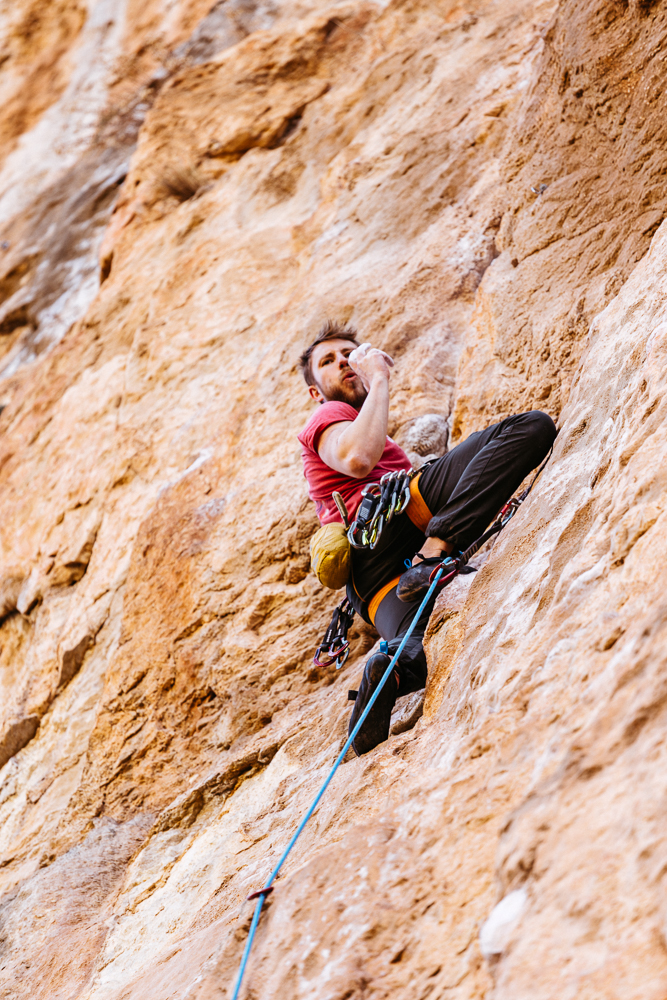
The key steps are;
- Quiet Place – Begin in a place without distractions so you can focus easily. At home alone is ideal to begin with. Aim for 2-3 times a day.
- Increase distractions – It may take a while to achieve a sense of calm to begin with, possibly 4 to 5 minutes. Once you get this down to 3 or 4 cycles begin to add in some distractions, such as doing it in a quiet part of the wall or crag.
- Increase distractions pt2 – The next step would be to do this in a busier setting with more distractions.
- Introduce climbing – Once you are able to achieve the previous step then you can begin to incorporate it into your climbing with aiming to do this technique while resting on the wall.
- Elevate climbing – When you’ve mastered the previous step begin to introduce more distracting & higher stakes situations such as at a busy crag, or while on your project.
- Patience – This takes a while to master, be patient and give it time to develop, it can dramatically help the way you perform.
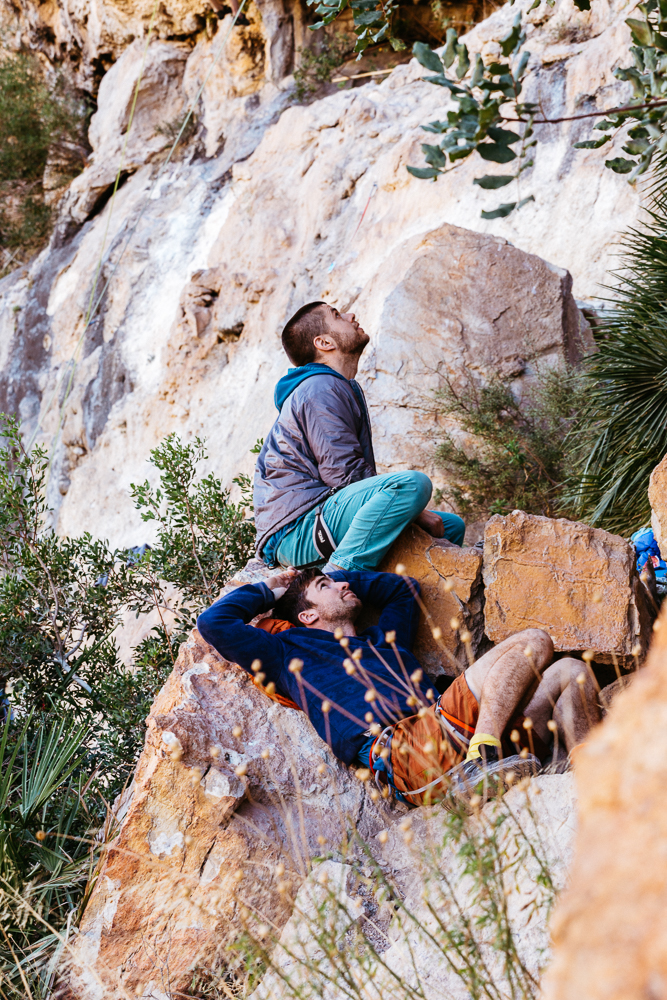
Many other techniques can be used to optimise performance this is just one, but it’s a very useful one! Remember to be patient with it, it will take a long time to master, but the great thing is that it costs nothing other than just a few quiet minutes a day.



